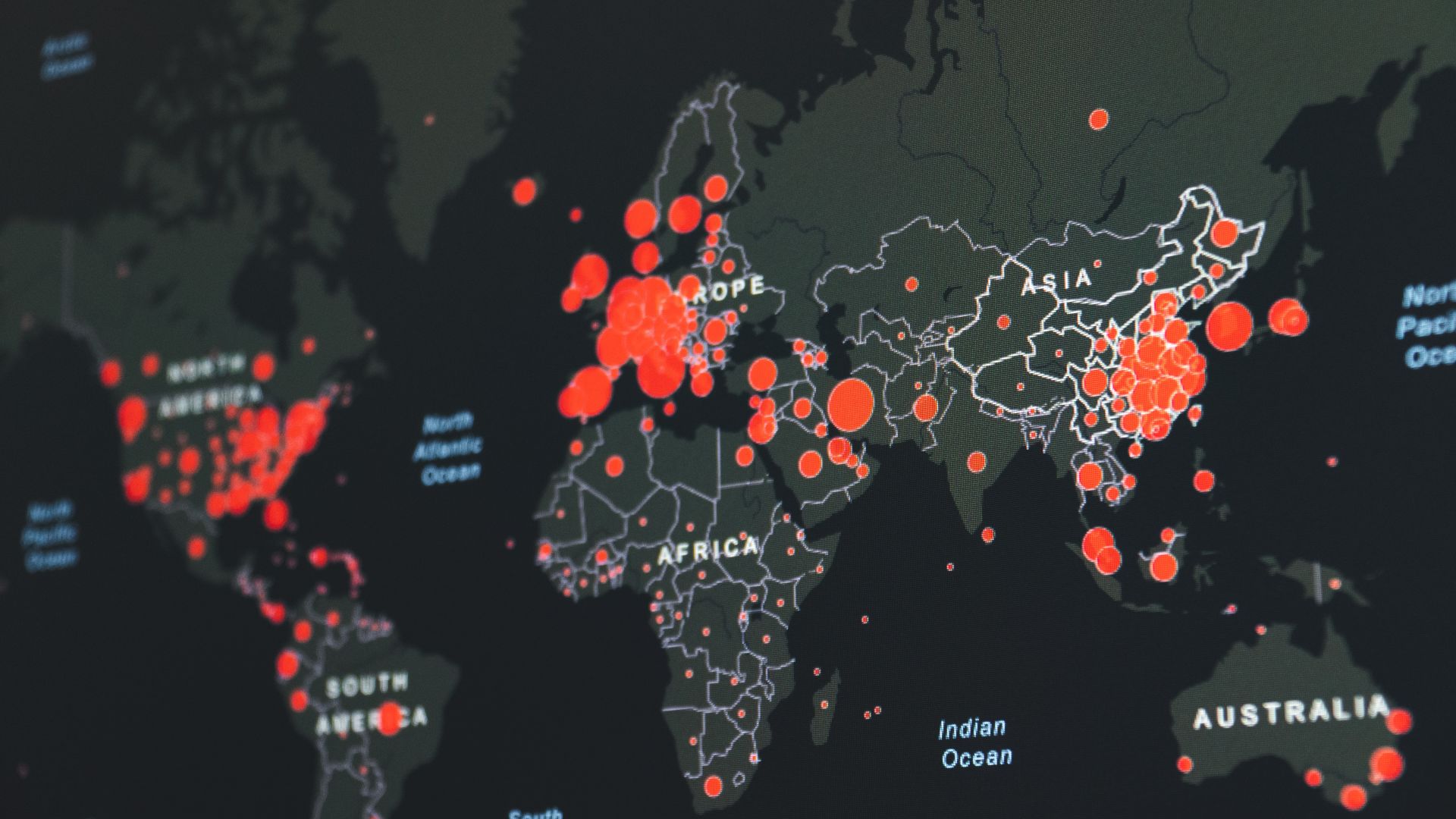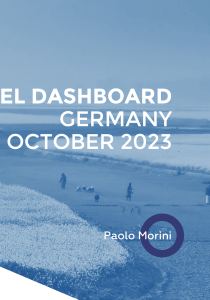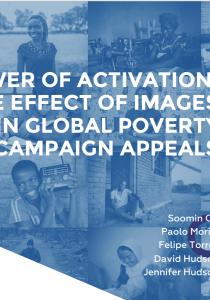
Germany is one of the largest donors of official development assistance (ODA) with core contributions of EUR 22 billion in 2017. However, development policy and the provision of funds for development cooperation are frequently criticised in the media for being ineffective, inefficient, or post-colonial and neo-imperialistic. Yet, compared to other European countries like the UK, the debate seems less fierce.
Germany has made a particular commitment to the United Nations’ (UN) Agenda 2030 and its 17 Sustainable Development Goals (SDGs), with state and civil society working towards its implementation. The Agenda put the principles of participation and shared responsibility at the centre of development policy. With the adoption of the Charter for the Future: ONE WORLD– Our Responsibility back in 2014 and the National Action Plan for the Implementation of the UN Guiding Principles on Business and Human Rights, the German Government set ambitious goals for involving policy-makers, private sector, civil society, and citizens in its engagement for global development and a sustainable future. Thus, German policy-makers have been aiming to integrate citizens into developmental processes to support the achievement of the Sustainable Development Goals (SDGs) and to foster public acceptance of development policy. This begs the question of whether the population does indeed support development policies and the goals of the 2030 Agenda.
Does the German public support development policies? What drives public opinion on expenditures for development cooperation?
A sound understanding of these questions might be decisive for success in encouraging participation of civil society in reaching the SDGs.
The recently published DEval-study “Public Opinion Monitor Development Policy 2018: Attitudes Towards Development Cooperation and Sustainable Development” addresses these questions in-depth. The study – based mainly on data from the Aid Attitudes Tracker– reveals that there is a consistently high level of support for development cooperation as a general instrument to reduce global poverty. More precisely, about 90 % of the population in Germany regard development cooperation as important, about 40 % would like to see an increase in engagement to tackle poverty, and about 30 %are in favour of a more generous provision of ODA. Also, citizens in Germany support the 0.7 % ODA-goal set by the UN by a high margin. Despite the high level of public support, there are also widespread concerns: about 25 % of the public believe that development cooperation is ineffective, while just 10 % believe that it is effective. Viewing aid as ineffective correlates strongly with assuming that funds are lost due to corruption – on average, Germans estimate that 50 % of the funds fall prey to corruption. What is more, perceived aid effectiveness as well as the assumed magnitude of corruption correlate with support for development cooperation.
When breaking the data down along core attitude dimensions towards global development and development policy, four distinct types emerge (see the figure below):
-
Undecideds (35%) do not have a clearly identifiable position. Rather, they are undecided about their opinion on the situation in developing countries, their support for development cooperation, and the effect of potential individual action on global development trends.
-
Sceptics (23%) care about the situation in the Global South and feel a moral obligation to act but show only average levels of support for development cooperation. Moreover, they are seriously concerned about its effectiveness as well as their own capacity to influence global development trends.
-
Opponents (28%) care less about the situation in the Global South, do not feel any moral obligation, support development cooperation to a lesser extent and regard it – and individual action – as ineffective.
-
Supporters (14%) display highly positive attitudes across all areas.
The typology provides a starting point for policy makers to communicate in a more targeted manner, addressing the needs and concerns of the identified subgroups.
What drives attitudes towards development cooperation?
Party preferences turn out to be an important explanatory factor when analysing public opinion on development cooperation in Germany. In particular, a left-leaning/liberal political orientation is associated with a stronger desire for government engagement for poverty reduction. The same holds true for a positive view of aid effectiveness, a sense of moral obligation towards countries in the Global South, and a positive assessment of the economic situation. As far as socio-demographic factors are concerned, young, male, and highly educated people are more likely to support engagement for poverty reduction.
Germany in cross-country comparison
Compared to other countries, German public attitudes are relatively supportive of development policy and development cooperation. Around 40 % of the French and German public indicate willingness to increase governmental spending in order to reduce poverty (see the figure below). This compares to about 25 % in the United Kingdom and the US. Across all four countries, a left-leaning/liberal political orientation, moral obligations, a positive view of aid effectiveness, and younger age go along with higher support.
'About 25% of the public believe that development cooperation is ineffective, while just 10% believe that it is effective.'
Gleser, Bruder, Eger & Schneider
Surprisingly, some of the factors influencing attitudes toward governmental commitment to poverty reduction partly differ in these four donor countries:
- Suspecting high levels of corruption in countries supported by development cooperation is associated with negative attitudes towards development cooperation in all countries except for Germany.
- Education matters for the support of development cooperation in Germany, whereas there is no relevant association in the remaining three countries.
- Perceiving the economic situation as positive is associated with positive attitudes towards development cooperation in Germany, whereas the correlation in other countries is either negative (USA) or non-significant (France, Great Britain).
What’s next?
The results indicate that the German population on average supports development cooperation to a relatively large extent. This provides a favourable environment for policy makers to create space for an open discourse on development cooperation aiming to establish a positive, but realistic public understanding of what development cooperation can and cannot achieve and which challenges it faces. The identified attitudinal drivers provide starting points for policy-makers and civil society organisations to address public concerns. In particular, the findings on perceptions of aid effectiveness and moral obligations could be addressed in information material and in development education. Nevertheless, decision makers should take public concerns seriously and closely monitor and respond to concerns about low aid effectiveness and high levels of corruption.
Header Photo Credit: Michael Fötsch – Bundestag






































